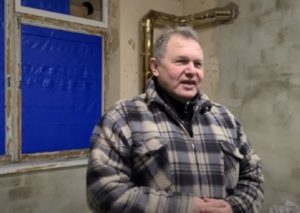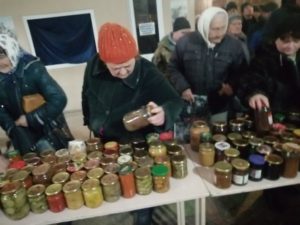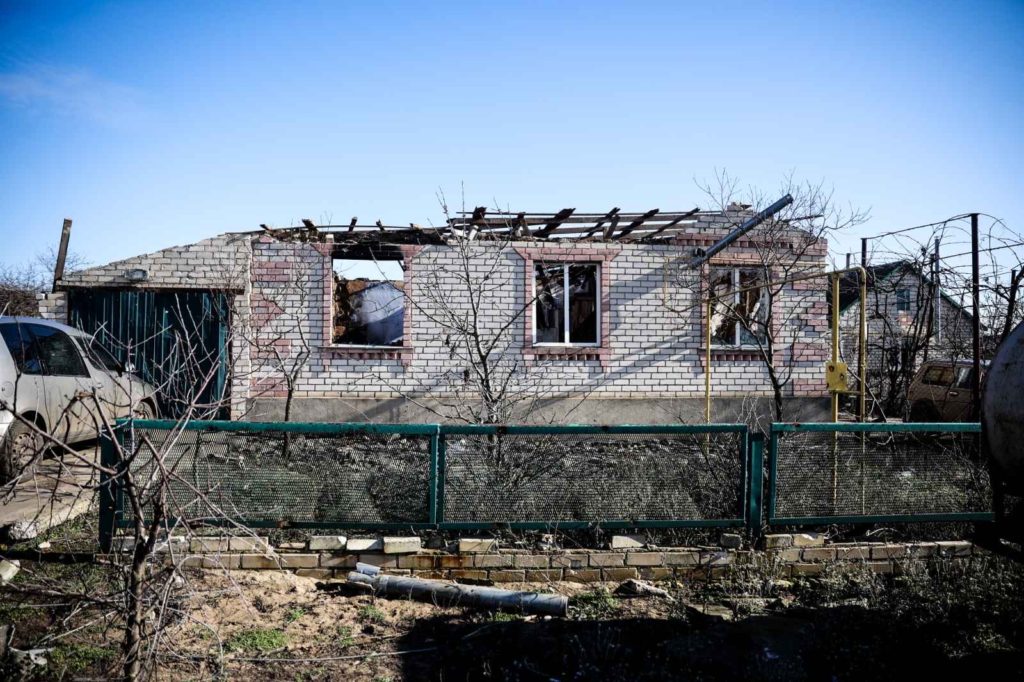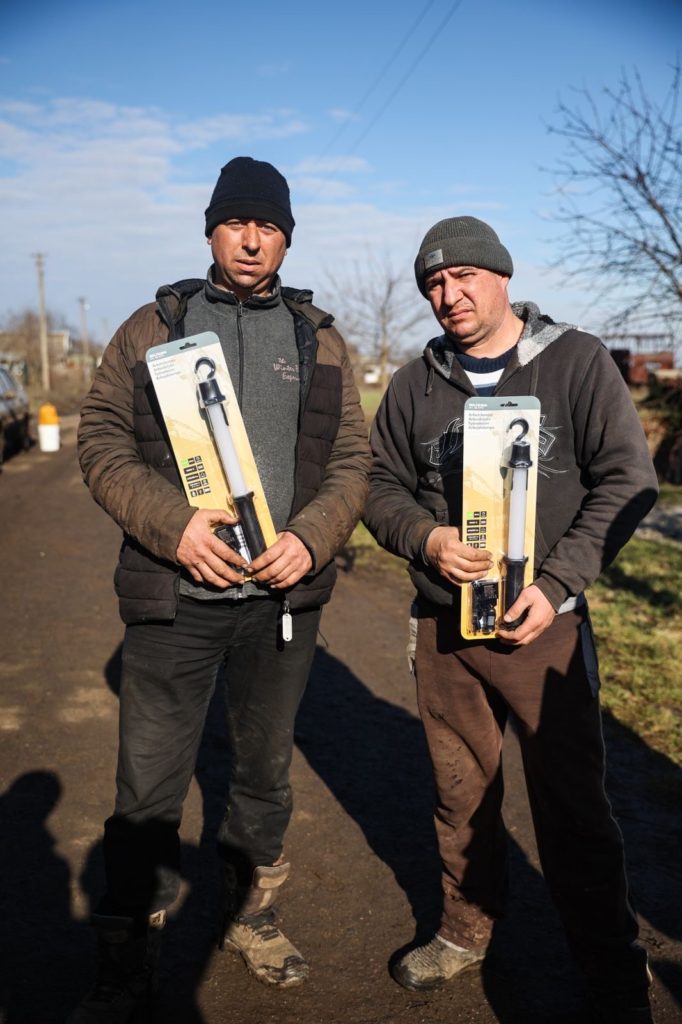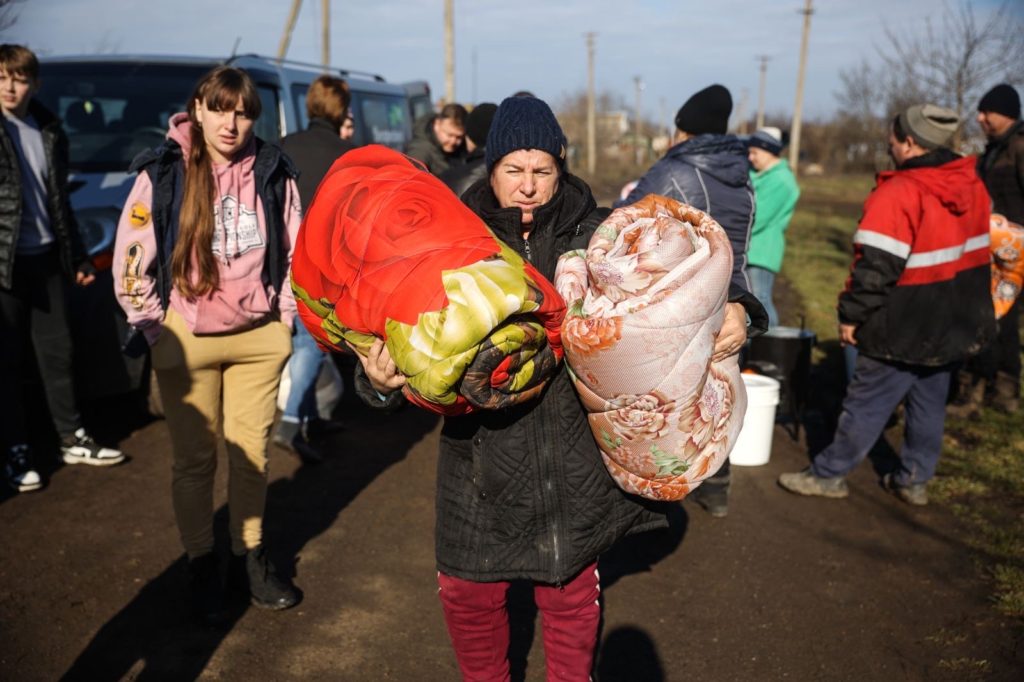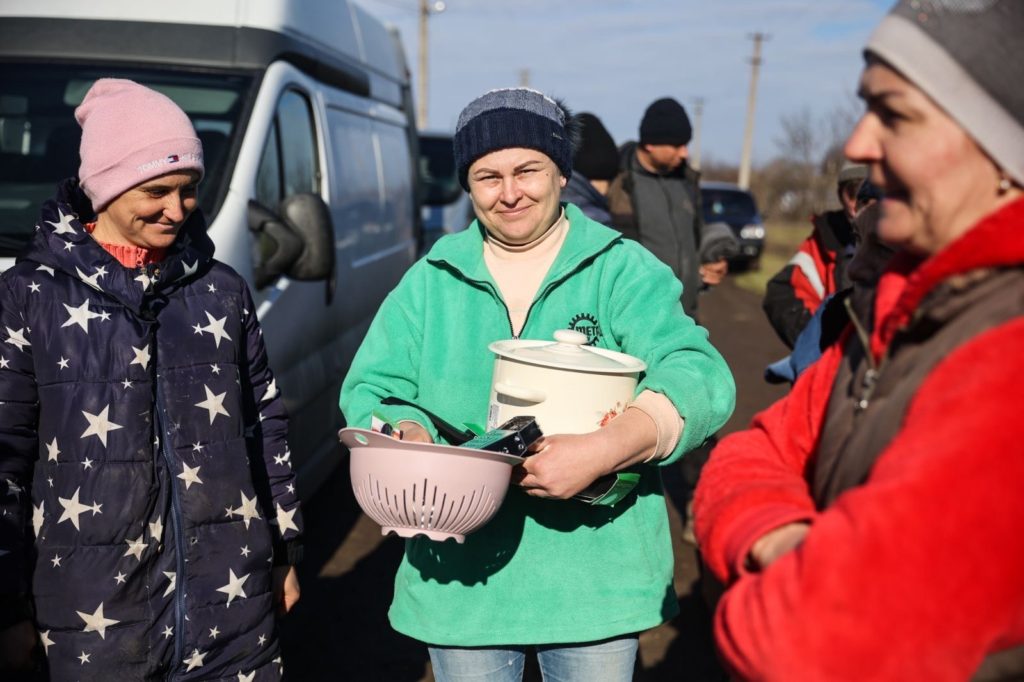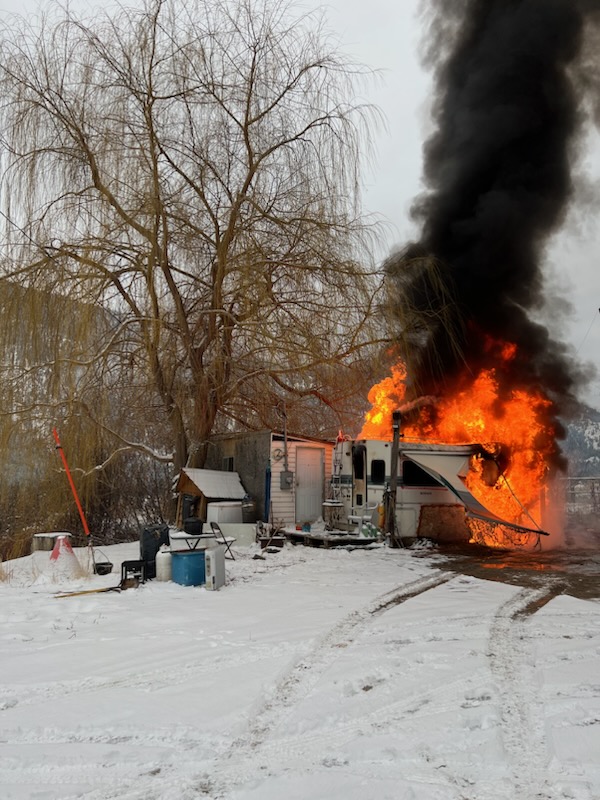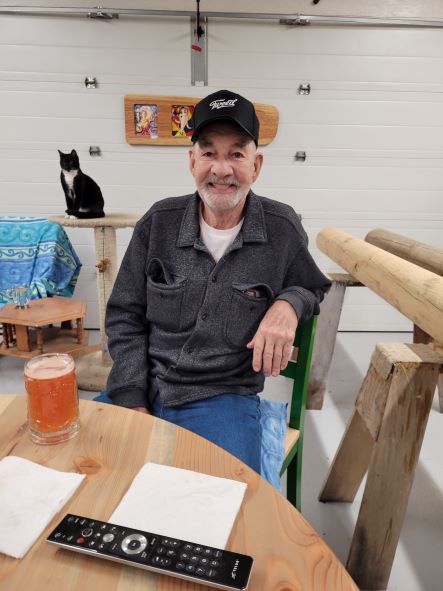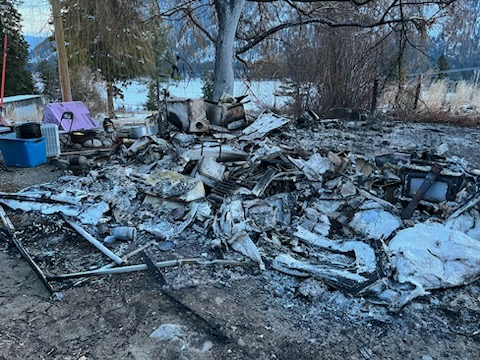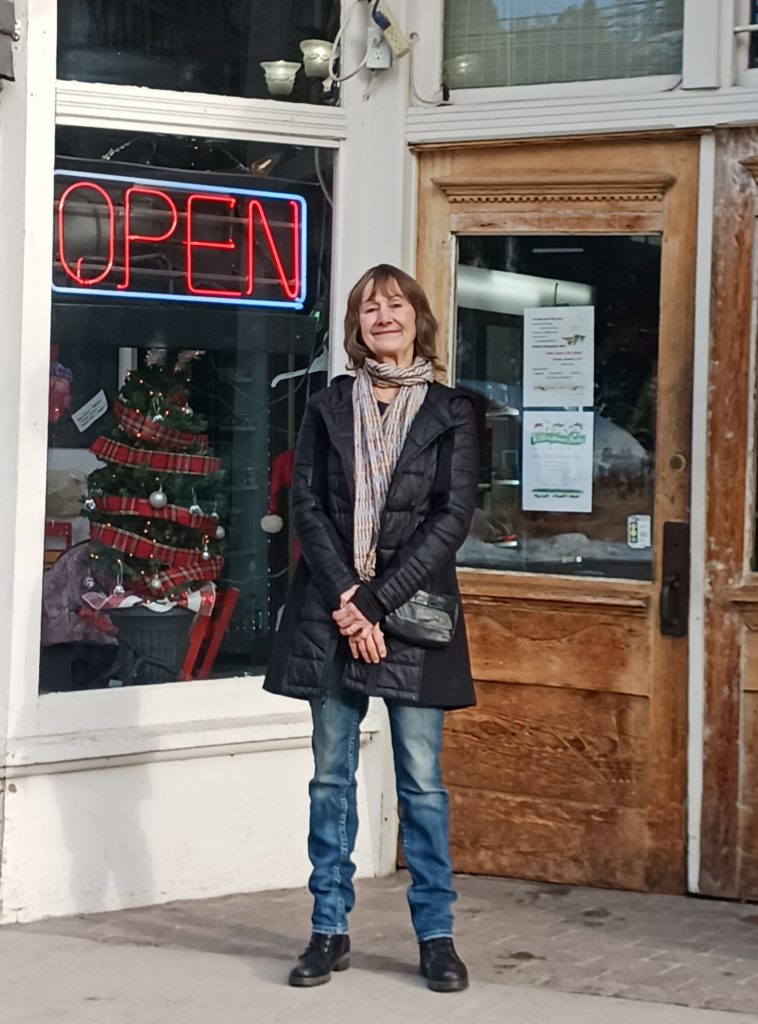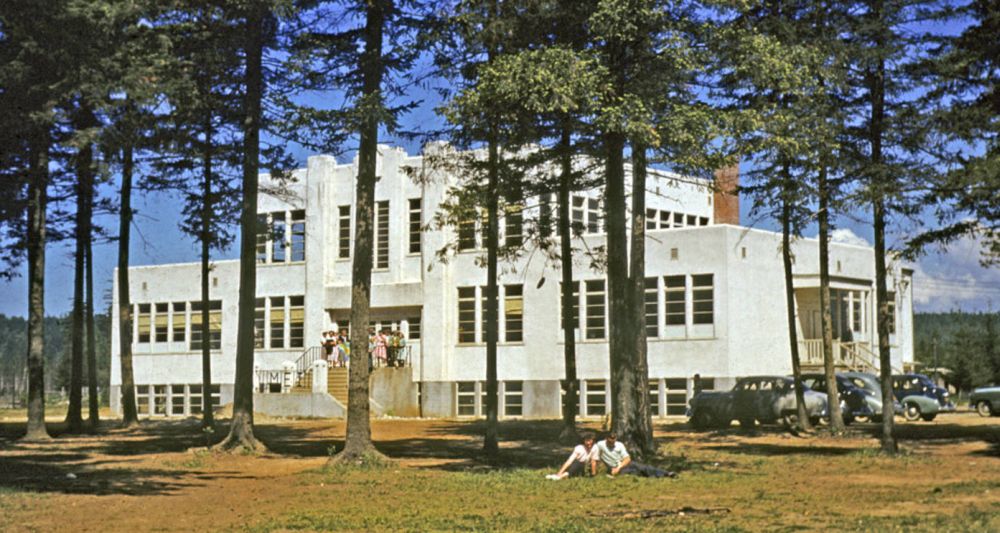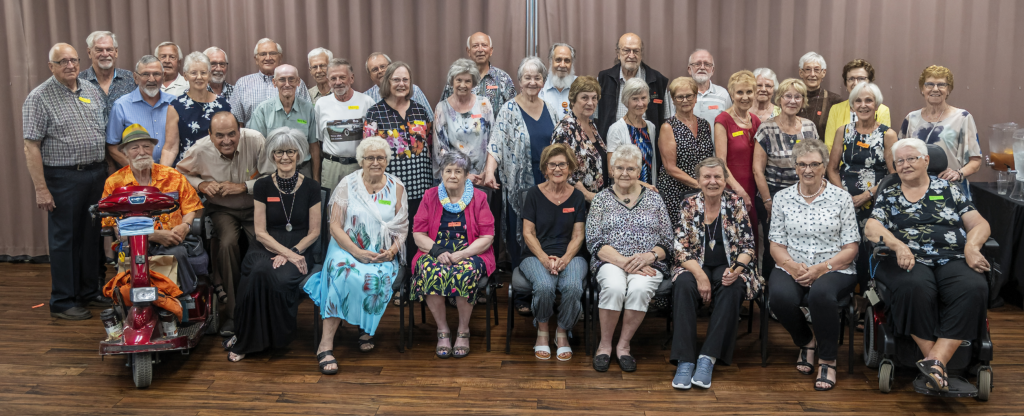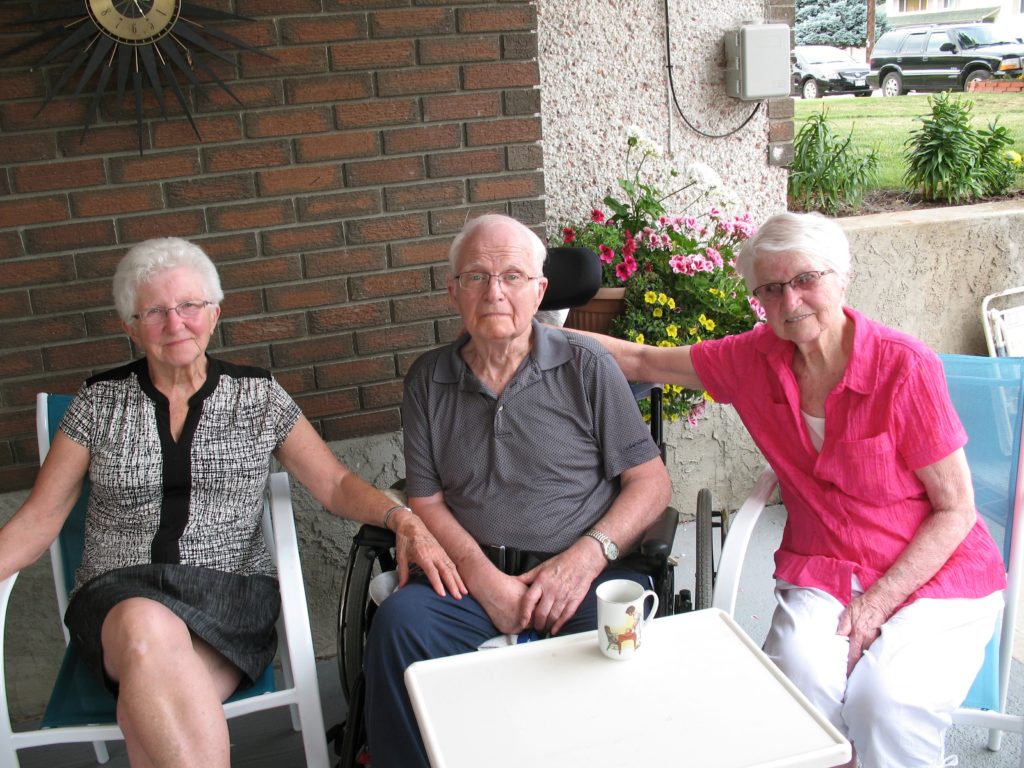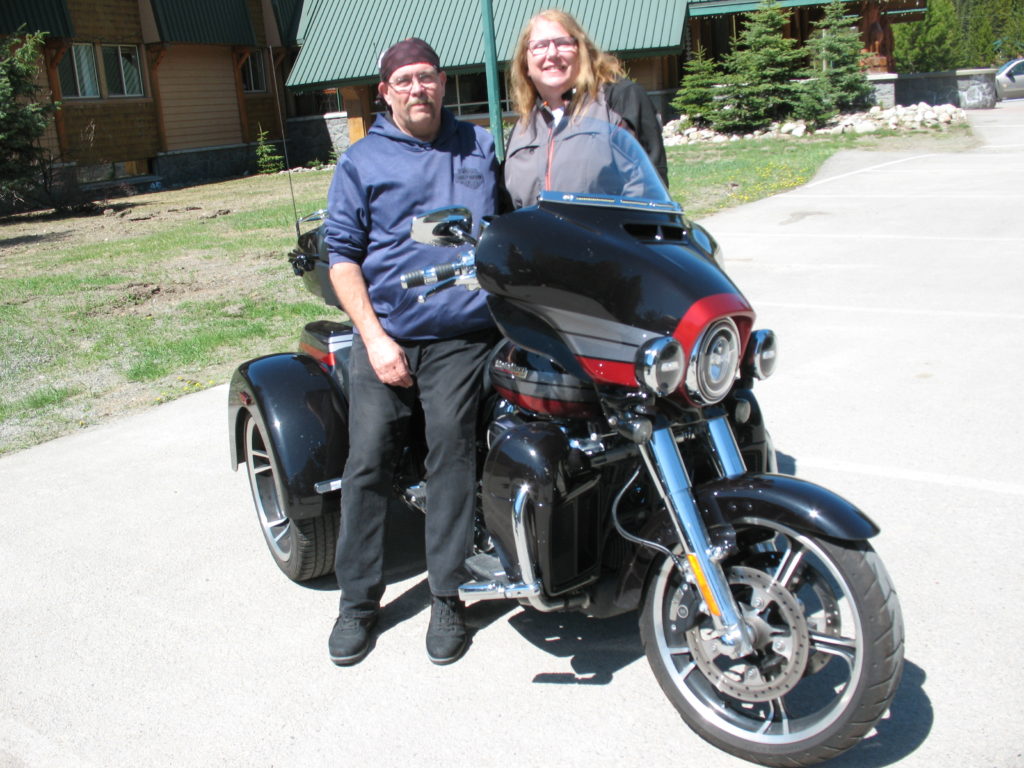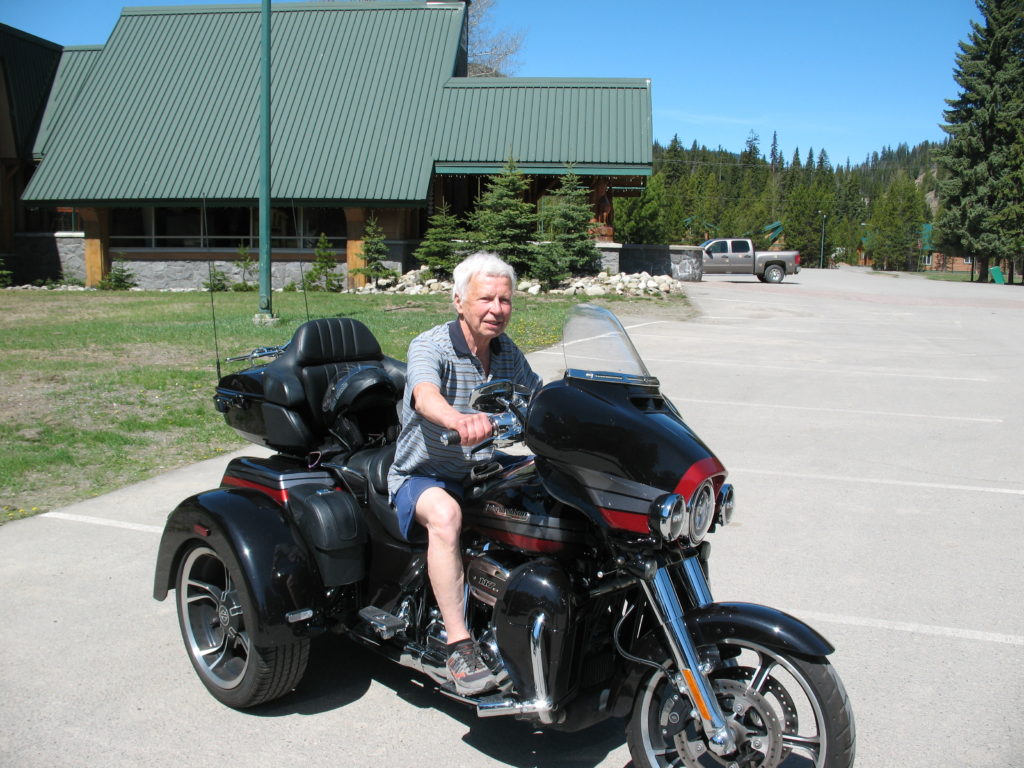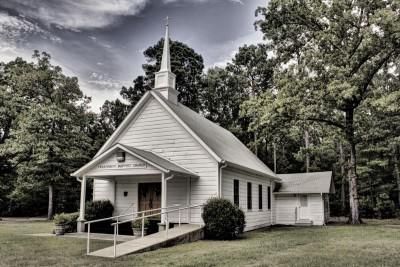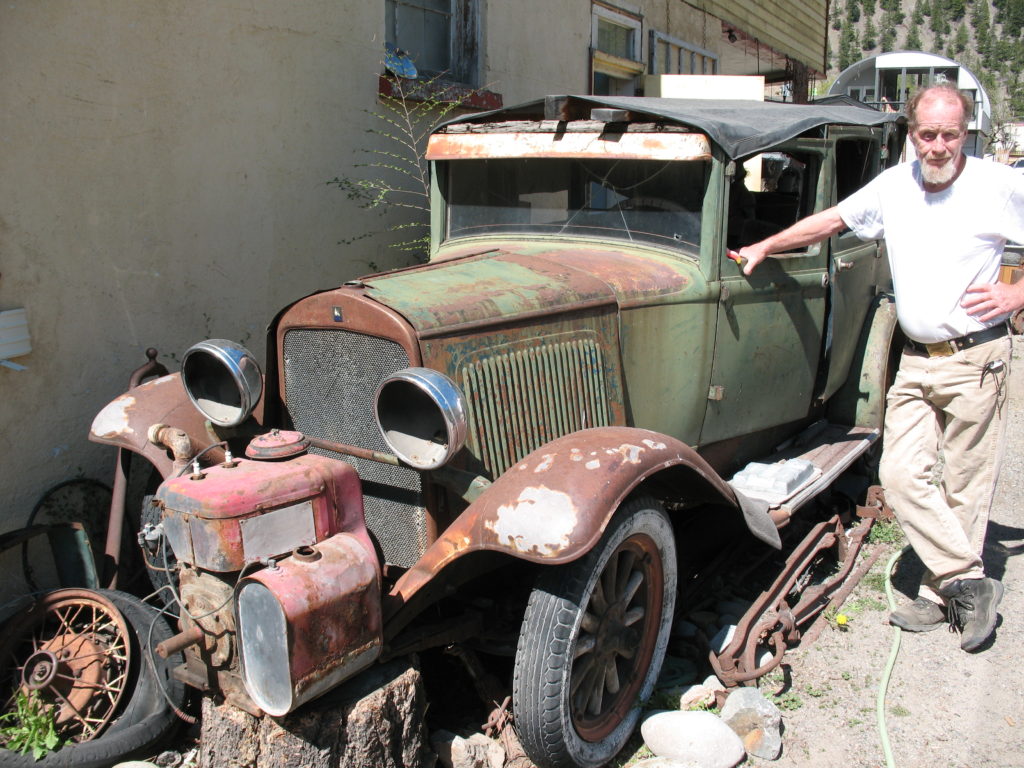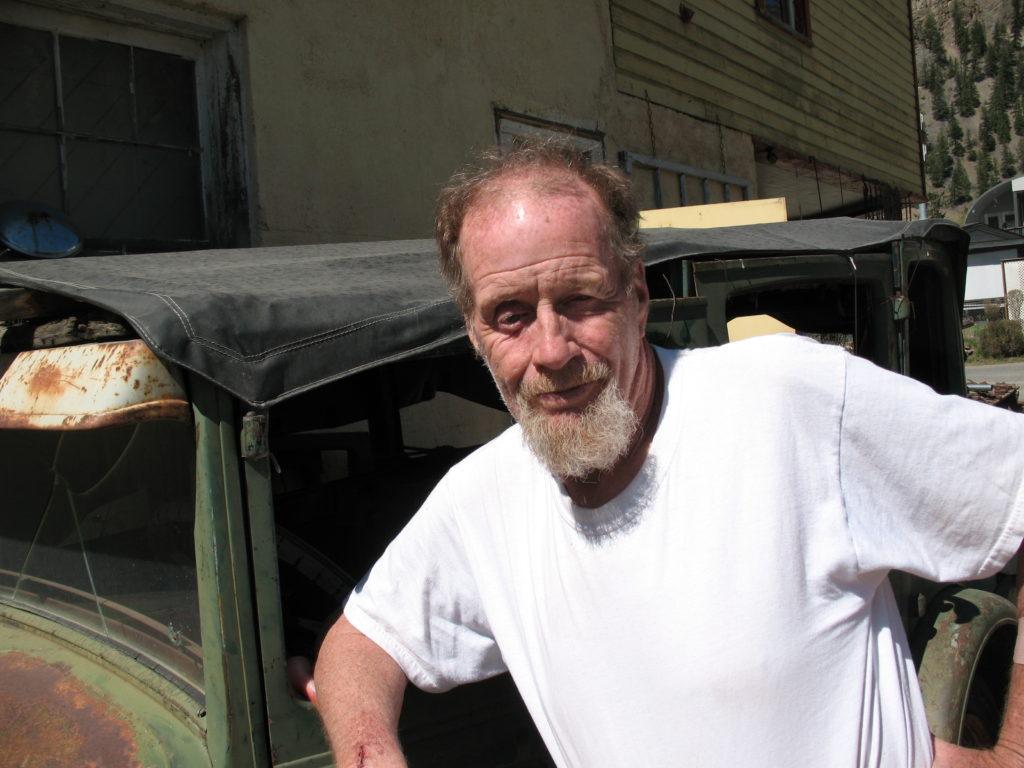When Russian forces crossed the border into Ukraine I felt it was clearly an unjustified invasion. I’ve been surprised to learn that several close friends disagree. They believe Russia had to make this move because it doesn’t want a NATO presence on its border. When the USSR folded they say, The West committed to not extend NATO to include Ukraine. Some of those following this reasoning seem to side with Russia in its destruction of Ukraine. I have several questions for those who present this argument.
Can we deny Ukrainians the right to defend their country? They have memories, or have been told of the ransacking of their country by the Red Army during Stalin’s brutal regime. Stalin took their grain and other foods in a deliberate strategy to starve the people. Many thousands of Ukrainians were killed for resisting. Others were sent to the Gulag and were never seen or heard from again.
In the current war Russian forces are targeting apartment buildings, malls, railway stations, etc. They have demolished villages and cities. Homes are being destroyed, leaving families without shelter. The land is being devastated, ensuring there will be less food production in the future. We’re also receiving reports of parents hiding their children because they fear the Russian army will abduct them and send them to Russia for adoption. Vladimer Putin seems to have taken a page from Stalin’s playbook.
My concern is for the Ukrainian and Russian men who are being slaughtered or maimed. My concern is also for families who are losing loved ones, homes, their sense of security and much more.
To this time I’ve posted a couple of updates provided by the Friends of Mennonite Centre Ukraine. They have for many years provided basic necessities and have a longstanding connection with people who already had serious needs before the war. Those are much greater now. We hope you will find time to read the update below.
Mennonite Centre in Molochansk, Ukraine Update #101 May 6, 2023
Here is what we are hearing this morning …
Near Melitopol, people are hiding their children from the occupying Russians.
The Russians are forcing the parents to take their children out of schools and kindergartens and send them to Berdiansk to the south on the Sea of Avoz coast. This will not be their final destination. Afterwards, the children are to be taken to Mariupol and then to Rostov in Russia.
The parents do not want to send the children away and hide them because they know it will be very hard to find them in Russia.
The Russians threaten the parents that if they don’t let the children go, then the government’s financial assistance will be withdrawn from them. The Russians are fierce and screaming that the Ukrainian offence starts tomorrow. This is the situation in Molochansk and all the Tokmak region. 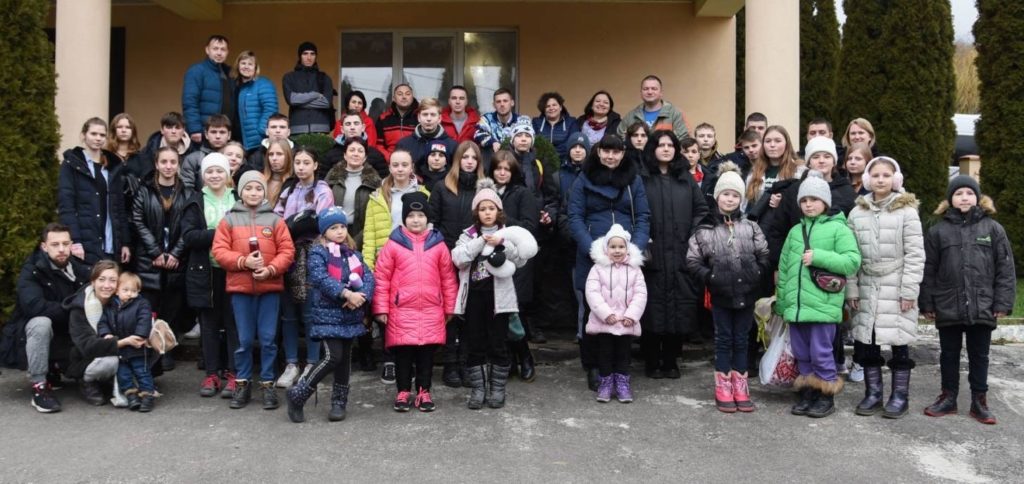 This is the message all parents received this morning: “Dear parents! EVACUATION has been announced at the school! Today, arrive at the school building with documents for the child and a minimum of things for a couple of weeks. The evacuation will be carried out in Berdiansk. Those who can leave on their own should do it. Due to the aggravation on the front line, there is a threat to the city and the citizens.”
This is the message all parents received this morning: “Dear parents! EVACUATION has been announced at the school! Today, arrive at the school building with documents for the child and a minimum of things for a couple of weeks. The evacuation will be carried out in Berdiansk. Those who can leave on their own should do it. Due to the aggravation on the front line, there is a threat to the city and the citizens.”
I came from Dnipropetrovsk oblast. I experienced huge stress; we were bombed from the first day of the war. My sons are soldiers, I worry for them. I went to the hospital and from the hospital I was brought to Kolomyia. One of my sons is wounded, please pray for him. The food hampers, I receive, help me to live because I have no income. Thank you very much for your support.
If you wish to donate to help the needy, then please visit our website http://www.mennonitecentre.ca/ and click on the donate tab. To donate by e-transfer please use the email address gtdyck@gmail.com and please include your postal address in a note accompanying the transfer so I can issue a tax receipt to you. Thank you!!


